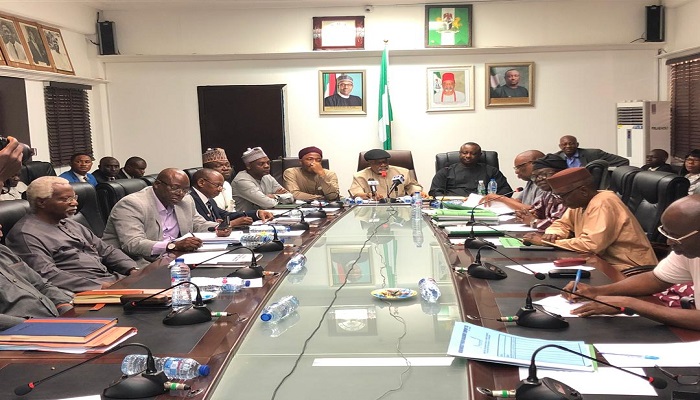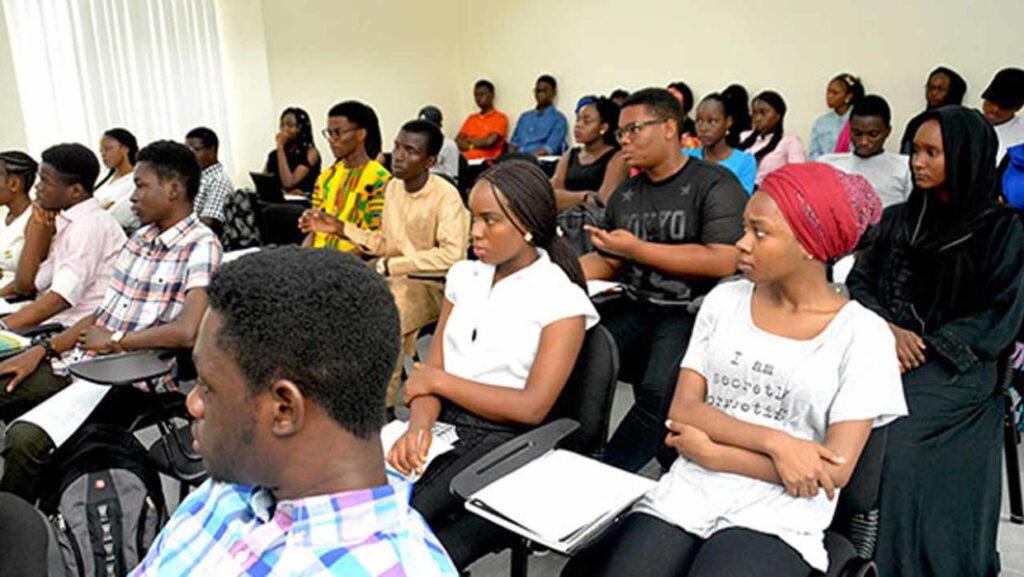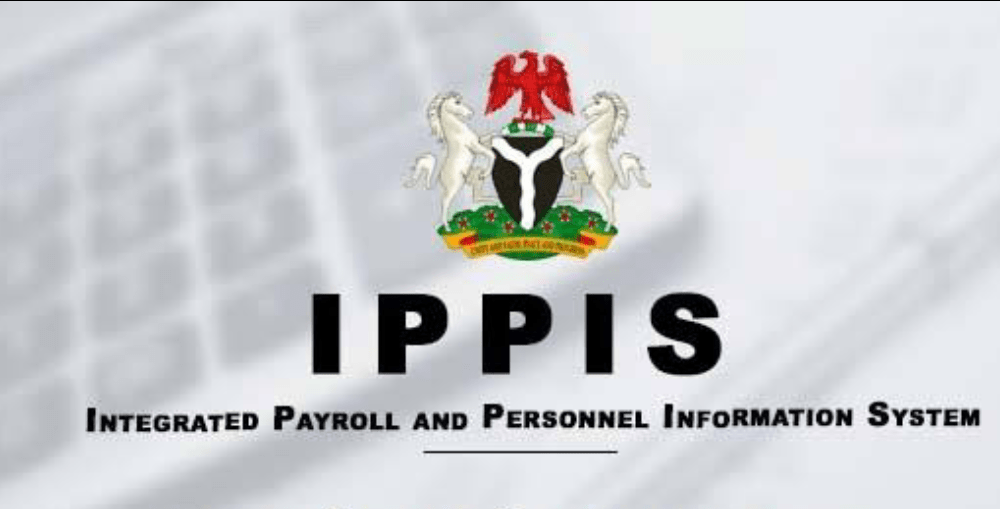The inevitable seems to be impending as the Academic Staff Union of Universities (ASUU) has threatened to commence another round of industrial action, taking into cognizance the fact that the Federal Government have proven to be reluctant in fulfilling its demands.
Currently, the National Executive Committee of the Union are holding a meeting at Lagos State to make a final decision on whether to embark on a strike action or give the federal government more time to process their demands.

Strike actions have for long been strategies used by pressure groups to get governments to fulfill their demands, and apparently, there is no other way but this for ASUU to persuade the government to get what they want.
If the Union go on board for another strike action, it would be the 23rd time in over 30 years they would be doing so.
Some students have always disliked the attempt of the Union to embark on a strike action, considering the fact that it had always served as a stumbling block to their anticipation of finalising their university education at the expected time.
Amidst this educational conundrum in the country, the question is who’s right and who’s wrong? Is it the Federal Government or the Academic Union? In answering this, a lot of people must be educated about reality.
The Federal Government are wrong and they also serve as a threat to affordable and quality public education in the country, and the academic union have for long been fighting against this, unbeknownst to many Nigerians.
Since 2018, the Nigerian Government have been looking forward to increasing the tuition fees for the public varsity education. They recommended a sum of 350000 naira for undergraduate students of Arts and Humanities and 500000 naira for undergraduate students of Science as tuition fees, and this plan was strongly rejected by the Union.
Still in 2021, the Federal Government showed their hell-bent nature on making public varsity education unaffordable across the country as they again proposed an increment of tuition fees to 1 million naira. And they also proposed that an education bank would be established to give loans that would be paid back with interests to students who were willing to continue their university education, but ASUU swiftly rejected this proposal by the government, considering the student’s life after school.

Just this year, Ahmadu Bello University, one of the best public university in the northern part of Nigeria increased their school fees to a paltry sum of 32,000 naira, and this got an uproar from alot of students at the University. What if the Academic Union had succumbed to the desires of the government to give every student a loan of 1 million per session to continue his or her education? Would the blame still to ASUU when it was the government’s idea? We should think of the future.
There is hardly a group that exists without the interest of its members, and the Academic Union has the right to determine what it is to be paid to them, and how it should be. A lot of Nigerians complain why the University staff are dictating how the Federal Government, who are their employers should pay them. The University Act signed into law by the National Assembly in 2003 vested the governing councils of the Universities with the power to manage their personnel and payroll system issues, and the Federal Government’s interference and infringement of these rights through the forceful implementation of the Integrated Payroll and Personnel Information System (IPPIS) on the public varsities is a breach of the University Autonomy as enshrined in the 2003 University Act.
Although, it was very wrong and highly corrupt for each university to have visiting lecturers, but the forceful implementation of the IPPIS as a payment solution for the University workers was unlawful.
For this reason, the academic union created the University Transparency and Accountability Solution (UTAS) in 2019 to effect accountability and transparency and circumvent all forms of corruption in the payment of salaries, due to the anomalies and irregularities the IPPIS payment solution had.

ASUU accepted the government’s request to subject the UTAS to an integrity test, and it passed the integrity test. On December 2021, the Nigerian Information Technology Development Agency (NITDA) approved the UTAS for use as a salary payment solution for the university staff but the Federal Government averted its use.
There were other initialled agreements the academic union had with the Nigerian Government. ASUU compelled the Federal Government to fulfill the agreements they reached in 2017, 2019, 2020, and the most important of all, which was the 2009 Memorandum of Understanding, but the FG had always absconded from honoring these agreements, with no reflection on the repercussion of their action.
The Academic Staff Union of Universities will keep fighting till they ensure that we have a well-funded and better educational environment, and they, a better remuneration for their services in ensuring that we receive the best education has to give.














